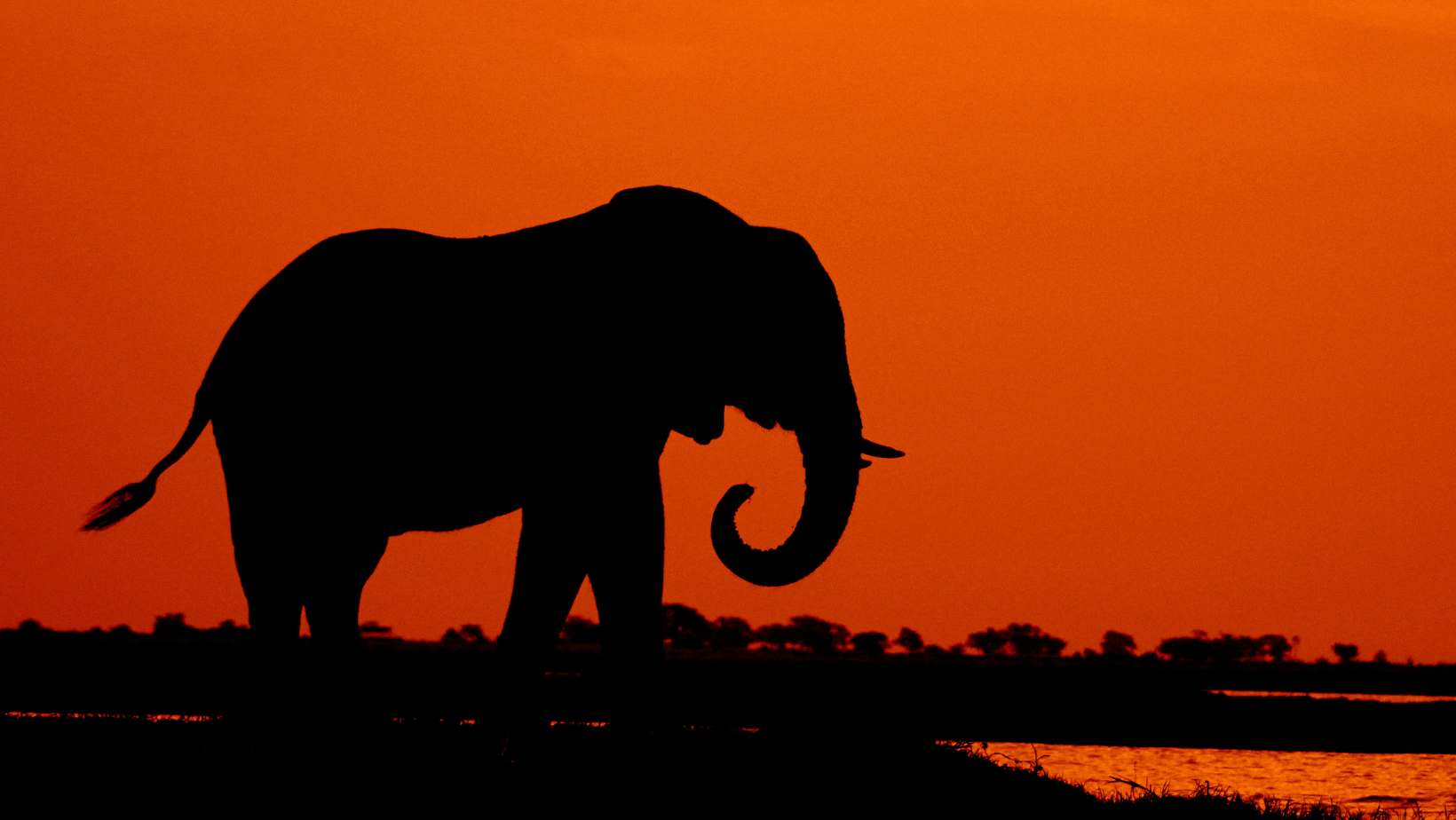Every August 12, conservationists, animal lovers, and concerned citizens around the globe come together to observe World Elephant Day. This annual event serves as a crucial reminder of the plight facing these majestic creatures and the urgent need for their protection and conservation. As we approach World Elephant Day 2024, the message remains as vital as ever: we must act now to ensure the survival of elephants for future generations.
The Origins and Significance of World Elephant Day
World Elephant Day was established in 2012 by Canadian filmmaker Patricia Sims and the Elephant Reintroduction Foundation of Thailand. Since its inception, the day has garnered support from over 100 elephant conservation organizations worldwide, reaching millions of individuals who are passionate about elephant welfare.
The need for such a day has never been more pressing. Over the last decade, elephant populations have plummeted by an alarming 62%, with projections suggesting they could face near-extinction by the end of the next decade if current trends continue. The statistics are sobering:
- An estimated 100 African elephants are killed by poachers every day.
- Only about 40,000 to 50,000 elephants remain in the wild, with the rest in captivity.
- The Asian elephant is critically endangered, with fewer than 40,000 remaining worldwide.
- African elephants are classified as threatened, with a population of less than 400,000.
The Importance of Elephants
Elephants are not just magnificent creatures; they play a crucial role in maintaining the delicate balance of their ecosystems. As a keystone species, elephants shape and maintain the habitats they live in, creating conditions that support a diverse array of plant and animal species. Their loss would have far-reaching consequences for biodiversity and ecosystem health.
Moreover, elephants share many characteristics with humans. They possess the largest brains of any land animal, demonstrating intelligence, consciousness, social bonds, and empathy. Studying elephants not only helps us understand these remarkable animals better but also provides insights into our own cognitive and social evolution.
Challenges Facing Elephants
The primary threats to elephant populations include:
- Poaching: The illegal ivory trade continues to drive elephant slaughter, particularly in African nations.
- Habitat Loss: Human encroachment and deforestation are rapidly shrinking elephant habitats.
- Human-Elephant Conflict: As elephants and human populations increasingly overlap, conflicts arise, often resulting in elephant deaths.
- Climate Change: Altering weather patterns affect food and water availability for elephant populations.
How to Observe World Elephant Day 2024
There are numerous ways individuals can contribute to elephant conservation efforts:
1. Educate Yourself and Others
Learn about elephant conservation issues and share this knowledge with friends and family. Use social media to spread awareness using hashtags like #WorldElephantDay or #WorldElephantDay2024.
2. Donate to Conservation Organizations
Support reputable organizations working to protect elephants, such as the World Elephant Society or the Elephant Reintroduction Foundation.
3. Make Ethical Consumer Choices
Avoid purchasing products made from ivory or other elephant parts. Support eco-tourism initiatives that prioritize elephant welfare.
4. Participate in Local Events
Many zoos, wildlife organizations, and conservation groups host events on World Elephant Day. Attend these to learn more and show your support.
5. Advocate for Stronger Protections
Contact your local representatives to express support for stronger elephant protection laws and increased funding for conservation efforts.
The Future of Elephant Conservation
While the challenges facing elephants are significant, there is hope. Conservation efforts have shown success in some areas, with certain elephant populations stabilizing or even increasing. However, sustained global effort is required to ensure their long-term survival.
Key strategies for the future of elephant conservation include:
- Strengthening anti-poaching measures and reducing demand for ivory
- Establishing and maintaining protected areas and wildlife corridors
- Developing sustainable solutions for human-elephant conflict
- Investing in research to better understand elephant behavior and needs
- Supporting community-based conservation initiatives in elephant range countries
Conclusion
World Elephant Day serves as a poignant reminder of our responsibility to protect these incredible animals. As we approach August 12, 2024, let us renew our commitment to elephant conservation. Through collective action, increased awareness, and sustained effort, we can help ensure that elephants continue to roam the Earth for generations to come.
In the words of the World Elephant Day organizers, “To lose the elephant is to lose an environmental caretaker and an animal from which we have much to learn.” On this World Elephant Day, let us stand united in our efforts to protect, conserve, and celebrate these magnificent creatures that have walked alongside humanity throughout our shared history.
